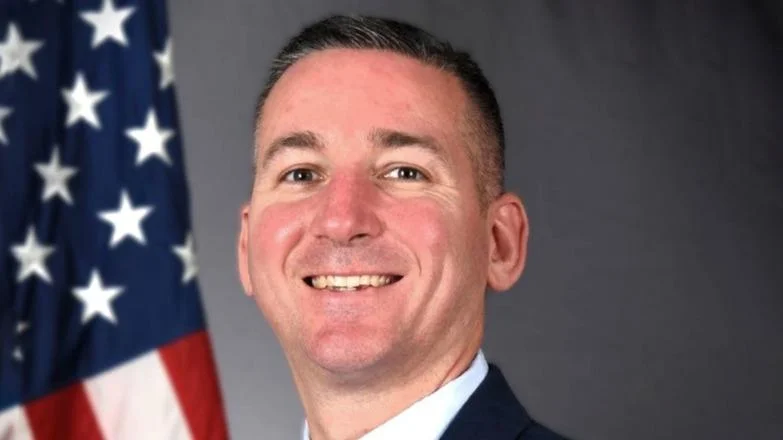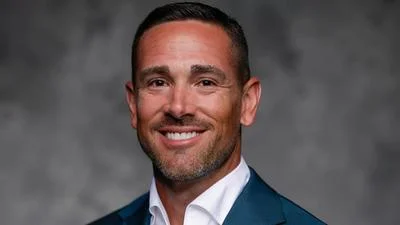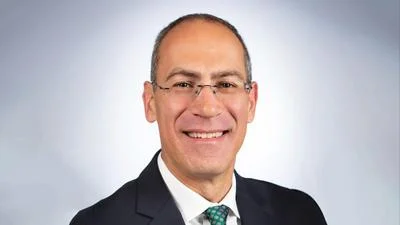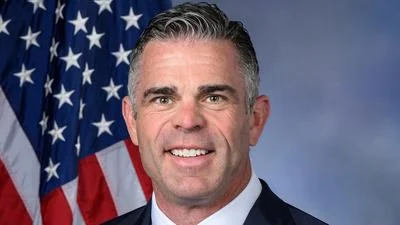Ben Franklin, Wisconsin State Representative for 88th District | www.facebook.com
Ben Franklin, Wisconsin State Representative for 88th District | www.facebook.com
According to the Wisconsin State Legislature's official website, the bill was described as follows: "the fee for filing limited liability company articles of organization with the Department of Financial Institutions. (FE)".
The following is our breakdown, based on the actual bill text, and may include interpretation to clarify its provisions.
In essence, this bill broadens the filing fee exemption for limited liability company (LLC) articles of organization with the Wisconsin Department of Financial Institutions. Currently, a fee of $130 is waived for LLCs formed by student entrepreneurs defined as students at least 18 years old enrolled in a postsecondary institution in Wisconsin. The bill expands this definition to include students enrolled in public, private, or tribal high schools or those who are homeschooled in the state. This change allows a larger group of young entrepreneurs to form LLCs without incurring the filing fee. The bill's provisions are effective starting the first day of the second month following its publication.
The bill was co-authored by Senator Rob Hutton (Republican-5th District), Representative David Armstrong (Republican-67th District), Representative Mike Bare (Democrat-80th District), Representative Elijah R. Behnke (Republican-6th District), Representative Robert Brooks (Republican-59th District). It was co-sponsored by Senator Julian Bradley (Republican-28th District), Senator Rachael Cabral-Guevara (Republican-19th District), and Senator Chris Kapenga (Republican-33rd District), along 19 other co-sponsors.
Benjamin Franklin has co-authored or authored another 44 bills since the beginning of the 2025 session, with none of them being enacted.
Franklin graduated from Trident University International in 2020 with a BA.
Franklin, a Republican, was elected to the Wisconsin State Assembly in 2025 to represent the state's 88th Assembly district, replacing previous state representative John Macco.
In Wisconsin, the legislative process starts when a senator, constituent, group, or agency proposes an idea for a bill. After drafting, the bill is introduced, numbered, and referred to a committee for review and public input. If approved, it moves through three readings and votes in both the Senate and Assembly. Once both chambers pass the same version, the bill goes to the governor, who can sign it, veto it, or let it become law without a signature. Only a small share of bills introduced each session ultimately become law. You can learn more about the Wisconsin legislative process here.
| Bill Number | Date Introduced | Short Description |
|---|---|---|
| AB266 | 05/19/2025 | The fee for filing limited liability company articles of organization with the Department of Financial Institutions. (FE) |
| AB184 | 04/15/2025 | Coverage of individuals with preexisting conditions and benefit limits under health plans |
| AB176 | 04/15/2025 | Financial eligibility for the Alzheimer’s family and caregiver support program. (FE) |
| AB82 | 02/28/2025 | Exempting certain conveyances between grandparents and grandchildren from the real estate transfer fee. (FE) |
| AB74 | 02/28/2025 | Parental notification of alleged sexual misconduct by a school staff member. (FE) |
| AB17 | 02/06/2025 | Creating an employee ownership conversion costs tax credit, a deduction for capital gains from the transfer of a business to employee ownership, and an employee ownership education and outreach program. (FE) |
| AB6 | 02/04/2025 | Requiring a school board to spend at least 70 percent of its operating expenditures on direct classroom expenditures and annual pay increases for school administrators. (FE) |






 Alerts Sign-up
Alerts Sign-up